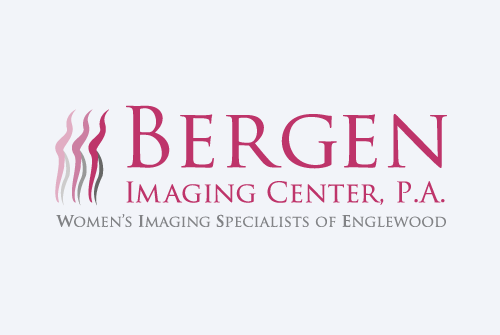According to BreastCancer.Org, one in eight women will develop breast cancer over the course of her lifetime. That translates to roughly 12 percent of the female population. While it’s impossible to know exactly what causes it and who will develop it, prevention starts with staying informed.
Breast Cancer Risk Factors
Age: Your risk increases with age. Less than five percent of breast cancer diagnoses occur in women under 40. The risk of developing breast cancer increases once a woman hits 40, and is highest in women 70 and older.
Genetics: Around 85 percent of women with breast cancer do not have relatives with the disease. Most types of breast cancer are caused by mutations in cells acquired over the course of a lifetime. That said, some types of breast cancer are hereditary. BRCA1 and BRCA2 are the most well known genes associated with the disease. While everyone has those genes, some people have mutations in one or both of them associated with an increased risk for developing breast cancer. These mutations only account for five to ten percent of all breast cancers.
Breast Density: Dense breasts are associated with a higher breast cancer risk. Size has nothing to do with density. A woman can have small dense breasts, with more glandular tissue than fatty tissue, and an increased risk of developing the disease—while a large breasted woman could have fewer milk producing glands, and a lower risk.
Diet and Lifestyle: This is one of the few risk factors we can control. Smoking, excessive drinking, poor diet, and leading a sedentary lifestyle all increase your risk of developing breast cancer. One of the best forms of prevention is eating a balanced diet and exercising.

